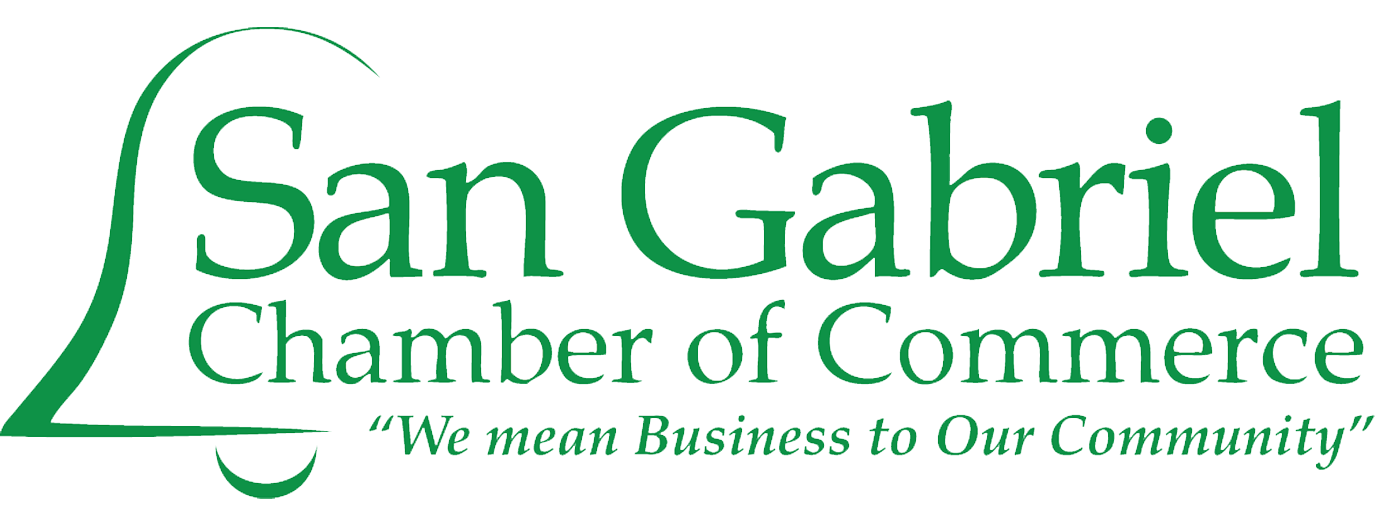As our society continues to age, the demand for high-quality senior care options is increasing. Arcadia Assisted living facilities have emerged as a vital component of the senior care landscape, offering a unique blend of independence and support for older adults. This article explores the future of senior care with a specific focus on the role of assisted living. By examining key trends and advancements, we can gain insights into how assisted living is evolving to meet the changing needs of seniors.

The Growing Need for Assisted Living
The demographic shift towards an aging population is creating an urgent and growing need for assisted living facilities. Several factors contribute to this increasing demand, highlighting the importance of these specialized care communities.
Increased Life Expectancy:
Advances in healthcare, improved living conditions, and medical breakthroughs have led to a significant increase in life expectancy worldwide. While longer lives are undoubtedly a positive outcome, they also present new challenges in terms of providing adequate care and support for older adults. Assisted living facilities offer a solution by providing comprehensive care that addresses the unique needs of seniors.
Changing Family Structures:
Traditional family structures have evolved over time, with a decrease in multigenerational households and an increase in nuclear families or individuals living alone. As a result, older adults may find themselves with limited familial support or caregivers. Assisted living facilities fill this gap by offering a supportive environment where seniors can receive assistance, companionship, and professional care when their families are unable to provide it.
Specialized Care for Aging-related Conditions:
As individuals age, they may develop chronic health conditions, mobility issues, or cognitive decline. Assisted living facilities are designed to cater to these specific needs, providing personalized care plans and specialized services. Trained staff members can assist with activities of daily living (ADLs), medication management, and memory care, ensuring that residents receive the necessary support to maintain their quality of life.
Safety and Security:
Assisted living facilities prioritize the safety and security of their residents. Older adults may face increased risks at home, such as falls or accidents, due to declining physical abilities or medical conditions. Assisted living communities are equipped with safety features, emergency response systems, and staff trained in handling medical emergencies. This environment offers peace of mind to both residents and their families, knowing that help is readily available when needed.
Social Engagement and Community:
Loneliness and social isolation can have detrimental effects on the well-being of older adults. Assisted living facilities recognize the importance of social interaction and foster a sense of community among residents. By providing opportunities for social engagement, group activities, and shared amenities, these communities combat isolation and promote a fulfilling and vibrant social life.
Relief from Homeownership Responsibilities:
As individuals age, maintaining a home can become increasingly challenging. Assisted living facilities alleviate the burdens of homeownership, such as property maintenance, household chores, and managing bills. This allows older adults to focus on enjoying their lives and accessing the care and support they need, without the stress and responsibilities associated with owning a home.
Person-Centered Care and Enhanced Independence:
One of the core principles of assisted living is person-centered care. Rather than a one-size-fits-all approach, these facilities prioritize individualized care plans that respect the autonomy and preferences of each resident. In the future, assisted living communities will further embrace this philosophy, employing advanced technologies and innovative design to promote independence while ensuring safety.
Technological advancements like smart home systems, wearable devices, and remote monitoring will enable seniors to live more independently while receiving necessary support. For example, sensors can detect falls or changes in vital signs, alerting caregivers or medical professionals in real time. Robotics and artificial intelligence may also play a role in assisting with daily tasks, providing companionship, and monitoring health conditions.
Integration of Healthcare Services:
The future of assisted living will witness closer integration with healthcare services. As older adults often have complex medical needs, providing access to healthcare professionals within the assisted living community will be crucial. This can include on-site clinics, telehealth consultations, and partnerships with healthcare providers. By having medical services readily available, assisted living communities can proactively manage residents’ health, reduce hospitalizations, and enhance overall well-being.
Furthermore, there will be a greater emphasis on preventive care and wellness programs. Assisted living communities may offer fitness centers, nutritionists, and specialized exercise programs to help seniors maintain their physical and cognitive health. These proactive measures can help prevent or manage chronic conditions, ultimately improving the quality of life for residents.
Embracing Socialization and Mental Well-being:
Isolation and loneliness are significant concerns for many seniors, leading to adverse health outcomes. Assisted living communities recognize the importance of socialization and mental well-being and strive to create environments that foster connections and engagement. In the future, these communities will continue to prioritize social activities, such as group outings, hobby clubs, and intergenerational programs.
Technology will also play a role in combating social isolation. Virtual reality (VR) and augmented reality (AR) technologies can transport seniors to new environments, provide cognitive stimulation, and facilitate remote social interactions with friends and family. Assisted living facilities will integrate these technologies to enhance residents’ mental well-being and combat feelings of loneliness.
Sustainability and Eco-Friendly Designs:
As the world becomes increasingly conscious of environmental issues, the future of assisted living will focus on sustainability and eco-friendly designs. Green building practices, energy-efficient systems, and renewable energy sources will be integrated into the construction and operation of these communities. Sustainable practices not only contribute to environmental preservation but also create healthier living spaces for seniors.

Arcadia Assisted Living Facility
Arcadia, located in California’s Los Angeles County, offers a range of exceptional Arcadia Estate assisted living options for seniors seeking a supportive and engaging community. These facilities provide personalized care, a person-centered approach, and a variety of amenities and activities tailored to residents’ needs. With access to healthcare services, natural beauty, and recreational opportunities, Arcadia Gardens assisted living creates an enriching environment for older adults to enjoy their golden years.
Trinity Hills Estates – Arcadia’s Premier Assisted Living Facility
Discover the pinnacle of Arcadia assisted living at Trinity Hills Estates. Experience personalized care, engaging activities, and exceptional amenities. Schedule a tour today to see why Trinity Hills Estates is the perfect choice for you or your loved one. Embrace a vibrant and fulfilling lifestyle with us at Trinity Hills Estates.





